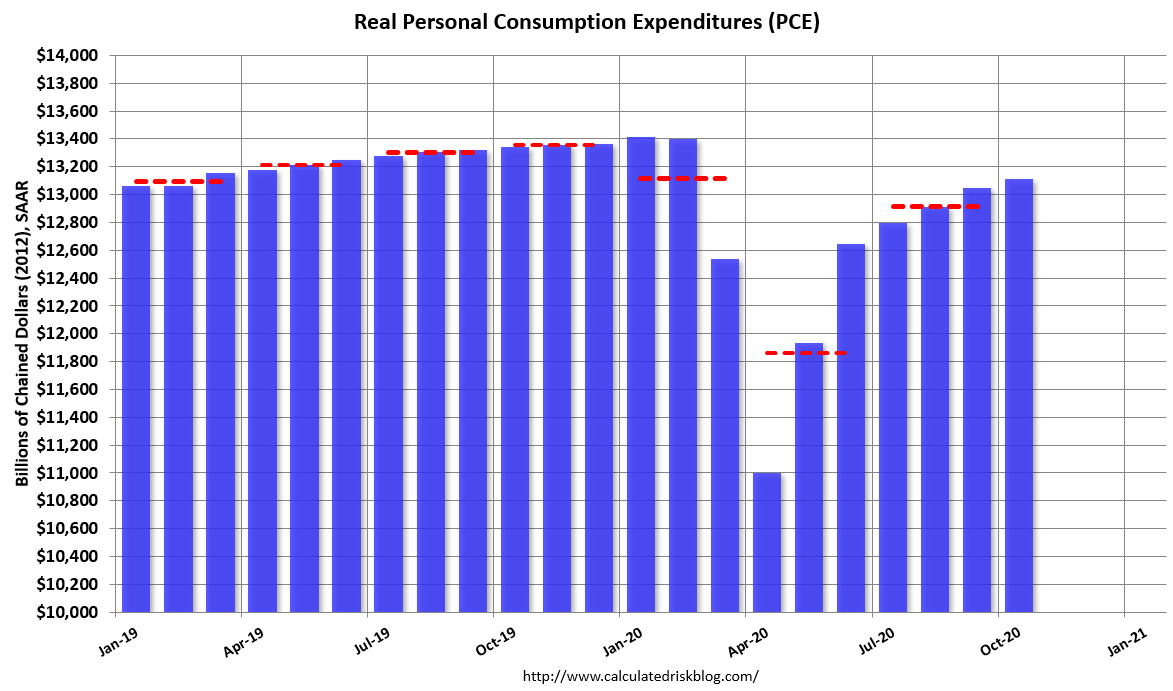To amend title 11 of the United States Code to increase the amount of the allowable homestead exemption.
Thursday, September 24, 2020
To amend the Social Security Act to provide for a Family Crisis Cash Assistance Program, and for other purposes.
Wednesday, September 30, 2020
To direct the Secretary of Education to cancel or repay up to $25,000 in Federal student loans for each borrower.
Friday, October 2, 2020
To amend the Fair Credit Reporting Act to delay the reporting of medical debt by consumer reporting agencies, and for other purposes.
Tuesday, October 6, 2020
To extend the temporary relief for Federal student loan borrowers provided under the CARES Act.
Tuesday, November 24, 2020
Tuesday, November 24, 2020
Please note that in order to view the content for the
Bankruptcy Headlines
please
log in
if you are already an ABI member, or otherwise you may
Become an ABI Member
Monday, November 23, 2020
Please note that in order to view the content for the
Bankruptcy Headlines
please
log in
if you are already an ABI member, or otherwise you may
Become an ABI Member
Friday, November 20, 2020
Please note that in order to view the content for the
Bankruptcy Headlines
please
log in
if you are already an ABI member, or otherwise you may
Become an ABI Member
Thursday, November 19, 2020
Please note that in order to view the content for the
Bankruptcy Headlines
please
log in
if you are already an ABI member, or otherwise you may
Become an ABI Member


